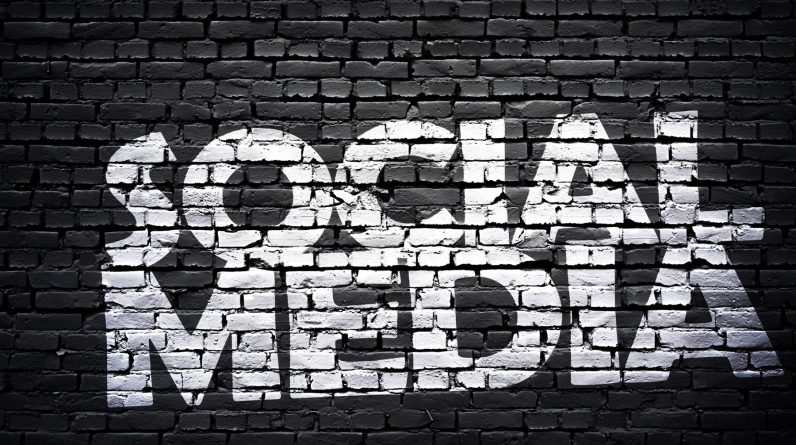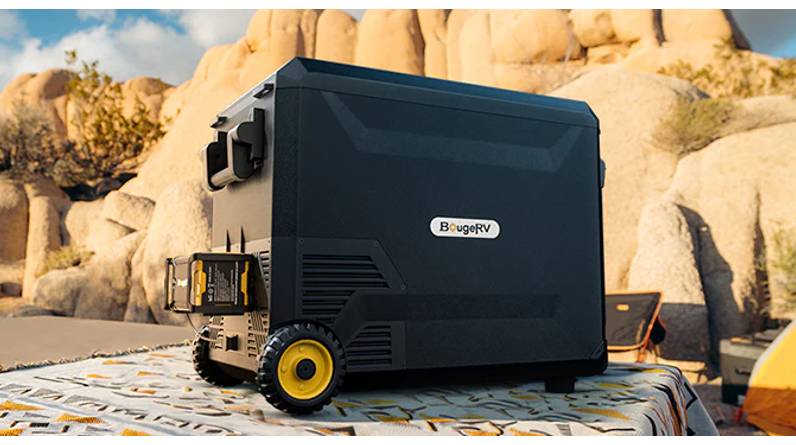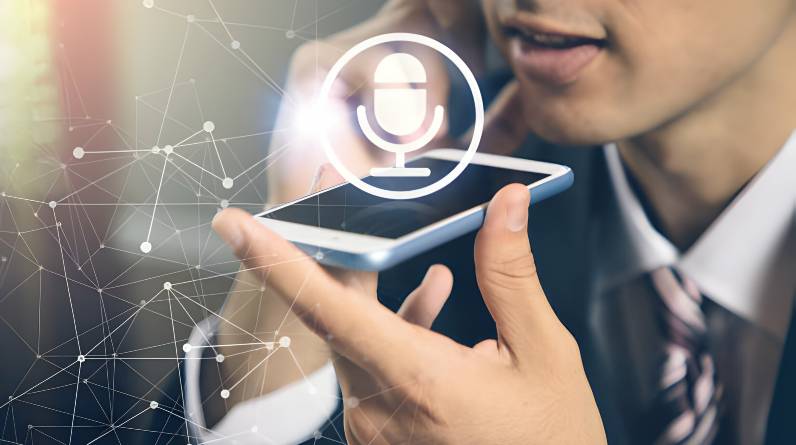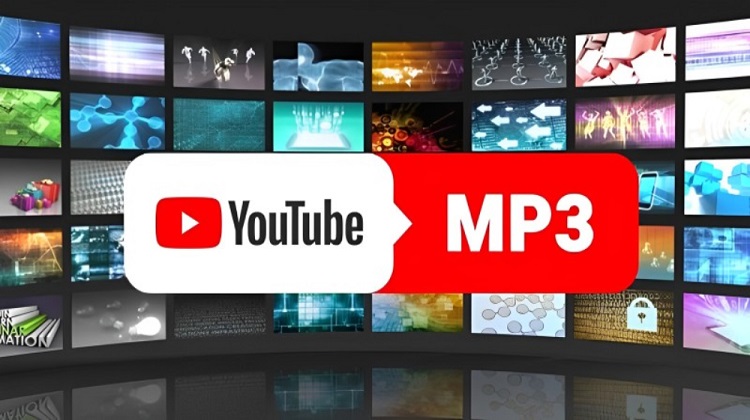
Stock photo by Dreamstime.com
In an era where information channels are continually evolving, one phenomenon has firmly solidified its importance in our daily lives – social media. It’s become so ingrained in our habits that it’s hard to imagine a time when our interactions weren’t influenced by the likes of Facebook, Instagram, Twitter, and YouTube.
Definition of Social Media and Its Impact on Society
So, what exactly is social media? It is a collection of internet-based applications and platforms that allow people to interact, share information, and co-create content. It is a tool that has redefined communication, breaking geographical barriers and allowing real-time interaction amongst its users. Social media has been influential in various aspects such as entertainment, education, shopping, and more. However, perhaps one of its most profound impacts is on politics – information sharing, political discussions, and even online activism have all taken the political landscape by storm.
Introduction to the Topic of Social Media’s Impact on Political Campaigns
As we delve into this blog, it is our aim to unmask the vibrant and complex relationship between social media and political campaigns. Social media platforms have revolutionized the method of reaching out to voters, disseminating policies, and rallying supporters – significantly shaping the future of politics. Stay tuned as we explore these aspects in detail, demonstrating the undeniable power of digital communication.
The Rise of Social Media in Political Campaigns
Over the past decade, social media has transformed from being a mere communications tool to a potent weapon in the political arena. Social media platforms like Twitter, Facebook, Instagram, and YouTube are now central to political campaigns.
Explanation of how social media has become a vital tool for politicians
In the early 2000s, politicians used traditional ways of communicating like TV ads, radio spots, and mailings. However, the advent of social media has changed the landscape. It’s a versatile platform where campaigns can be personalized to target specific demographics. Politicians can engage in direct, unfiltered communication with potential voters, rebut claims, fact-check in real time, and push campaign messages. It offers a cost-effective way for politicians to reach a wider audience, especially the younger demographic. Social media also facilitates online activism, encouraging more people to get involved in political conversations and influencing voter decisions.
Statistics on the increasing use of social media in political campaigns
Statistics further underline the growing reliance on social media in politics. According to a Pew Research Center study:
• About 69% of American adults use some kind of social media, which makes it a massive platform for politicians.
• A whooping 84% of adults aged 18-29 years are present on social media platforms, making it the perfect medium to reach the younger demographic.
• In the 2016 U.S. Presidential election, President Trump’s team spent around $44 million on Facebook ads.The future of politics is undeniably entwined with social media. The key to successful political campaigns lies in harnessing the power of digital communication effectively.
The Power of Digital Communication in Politics
Blurring the lines between public and private sectors, digital communication is emerging as a robust tool in politics. It provides real-time access to the public sentiment, enables rapid response to unfolding events, and facilitates the development of tailored messages. Having shifted the gear from being merely a participant in political discourse to a potent influencer, the impact of digital communication in politics is increasingly profound and pervades political campaigns.
Exploration of how Social Media Platforms Facilitate Direct Communication between Politicians and Voters
One of the key advantages of social media platforms is their ability to facilitate direct communication between politicians and voters. Social media has significantly reduced the bureaucracy and hierarchy traditionally associated with politics. Now, politicians can connect with their constituencies on a more immediate and personal level. The dialog is not one-sided anymore:- Politicians can share their views and party ideologies through live streams, posts, and tweets.
– Voters can voice their opinions, concerns, or approval instantly, making these platforms a two-way communication channel.
Examples of Successful Digital Communication Strategies Used in Political Campaigns
Successful digital communication strategies in political campaigns are abundant. Barack Obama’s 2008 and 2012 campaigns stand out prominently, where social media played a crucial role in mobilizing the youth vote. More recently, Alexandria Ocasio-Cortez has cracked the code of digital communication, utilizing Instagram’s story feature to share outfits and recipes alongside policy discussions. These campaigns exemplify how a thoughtful and compelling digital communication strategy can significantly affect public opinion and ultimately, election outcomes.
Online Activism: Mobilizing Support and Driving Change
In our dynamic digital landscape, online activism challenges the traditional lines of political engagement and communication. It’s sparking a radical shift in how citizens engage in political discourse, especially during campaigns.
Discussion of the Role of Online Activism in Shaping Political Campaigns
Almost everyone has access to an abundance of information and connectivity through various social media platforms. Activists, political parties, and voters are leveraging this to fuel discussions and cultivate collective political actions. With a click of a button or a simple tweet, more people now can endorse their preferred candidate, promote policy changes, or criticize political decisions. Here’s what online activism is doing for politics:- Democratizing the Political Landscape: Social media enables a more balanced dialogue and broadens the range of voices that can be heard.
– Rapid Mobilization of Support: Hashtags and online petitions garner immediate attention and widespread support for political causes.
– Policy Influence: Online activism can create immense pressure leading to political decisions and legislative changes.
Case Studies of Successful Online Activism Campaigns and their Impact on Politics
There’s no denying, some of the most dynamic political movements of the last decade have been birthed from social media platforms. The “Black Lives Matter” movement, for instance, began as a hashtag in 2013. It has since gained global momentum, inciting discussions on racial inequality and influencing political agendas and policies in profound ways. Similarly, the “MeToo” movement exposed sexual harassment in the workplace and catalyzed legislative changes. What these cases demonstrate is the sheer capacity of online activism to reshape our political landscape.
Social Media Analytics and Campaign Strategies
Technology has become an inseparable part of political campaigns and social media analytics play an indispensable role in shaping the strategies employed.
Overview of how social media analytics help politicians tailor their campaign strategies
Social media analytics can provide politicians with a wealth of information about their prospective voters. It enables candidates to understand the demographics, sentiment, and behavior of their audience. Analytics track trending topics and hashtags, providing insights on policy issues that matter most to the audience. Also, they help in monitoring real-time feedback and response to campaign strategies, helping politicians to adjust and modify as per needs. Some of the key aspects of political campaigns shaped by social media analytics include:
* Crafting targeted messages based on demographics and public sentiment
* Identifying key influencers and rallying online supporters
* Forecasting and tracking the overall campaign performance
* Gaining insight about critics and tactics to handle criticism
Examples of successful campaigns that effectively utilize social media analytics
Remember Barack Obama’s successful presidential campaigns in 2008 and 2012? They were the star examples of effective utilization of social media analytics. His teams harnessed the power of social media to understand voter sentiment and interact with young voters directly. They also used it to rally volunteers and organize grassroots events. More recently, in the 2020 U.S. elections, both President Joe Biden and former president Donald Trump employed extensive use of social media for their campaigns. They made use of analytics to tailor campaign messages to specific voter demographics, effectively engaging prospective voters on digital platforms.
Challenges and Controversies
Engaging with constituents through social media has immense potential to be both beneficial and detrimental for political campaigns. Let’s investigate some of the negative aspects of social media within this realm.
Examination of the negative aspects of social media in political campaigns
Although social media provides an almost ubiquitous platform for political messaging, the very nature of these digital platforms can present certain challenges. Their rapidly-evolving nature often makes them difficult to regulate, potentially leading to misinformation or ‘fake news’ spreading wildly. Furthermore, the relative anonymity on these platforms may foster a hostile environment, encouraging hate speech or trolling. Here are a few major points of contention:
* Misinformation and Disinformation Spread: Often, unverified information can circulate unabated due to the viral nature of social media.
* Online Harassment and Trolling: The semi-anonymous nature of digital platforms can foster negativity and hostility.
* Echo Chambers: Social media platforms often show content that reinforces users’ pre-existing beliefs, thus potentially limiting exposure to diverse perspectives.
Discussion of controversies surrounding the use of social media in elections
Controversy often arises when social media is seen as a tool for manipulation in elections. Cases of unauthorized access to user data and targeted political advertisements that skew public opinion are ongoing concerns. Furthermore, foreign interference in elections through social media platforms has emerged as a significant international issue. At stake is the integrity of the democratic process, with the misuse of social media threatening the fairness of elections and the validity of political discourse. Thus, the relationship between social media and politics is a complex one and warrants careful consideration and monitoring.
The Future of Political Campaigning: Social Media’s Impact
In the world of politics, social media has quickly transformed from a novelty to a necessity. The power and reach of these platforms have enabled politicians to connect with voters quickly and efficiently, fostering a more engaging political atmosphere.
Exploration of how social media will continue to shape the future of politics
As we look to the future, it is clear that the influence of social media in politics will only grow. The ability to share real-time updates, engage with constituents, and stream live events offers an unprecedented level of transparency and accessibility. Further, the impact of social media isn’t confined to the individual politician-voter relationship. It also encourages more widespread discussions and debates, leading to a more active and informed voter base. Use of social media:- Encourages healthy debates.
– Cultivates political awareness.
– Fosters instant communication.
Predictions for the evolving role of social media in political campaigns
As the role of social media in political campaigns continues to evolve, we can expect further integration of these platforms into campaign strategies. It’s predicted that politicians will increasingly use social media for real-time policy announcements, combat fake news, and even get voters to the polls via targeted “get out and vote” campaigns. We may even see social media platforms themselves taking a more active role in facilitating political discussions and promoting democratic participation. In conclusion, the marriage of social media and politics is here to stay, and it’s changing the game for political campaigns. Whether we’re ready or not, politics is entering the digital age, and social media is leading the charge.
Conclusion
Recap of the key points discussed throughout the blog
Throughout this exciting journey of exploring the relationship between social media and politics, we’ve unpacked a lot. We’ve looked at how digital communication platforms, from Facebook to Twitter and Instagram, have dramatically changed the ways political messages are transmitted and received. From online activism promoting political causes to how politicians leverage social media for electorate engagement, this tool is becoming an integral part of political campaigns. Here’s a quick recap:
• Social media bridges the gap between politicians and voters by allowing immediate back-and-forth dialogue.
• Online activism through social-media-driven campaigns has the power to sway public opinion and influence political discourse.
• The use of digital communication within campaigns allows politicians to reach a larger, more diverse audience.
• By providing insights into voter behavior, preferences and opinions, social media platforms offer invaluable data to political campaigns.
Final thoughts on the impact of social media on political campaigns and its potential for future influence.
It’s clear that social media’s impact on political campaigns is far from a passing trend – it’s a fundamental shift in the way politics function. With technology advancing at an unprecedented pace, we can only imagine how this relationship will continue to evolve. As voters, it’s important to be aware of this powerful vehicle, and as politicians, it’s crucial to embrace and engage with the digital platforms that voters are using. As we look to the future, social media’s role in political campaigns will undoubtedly continue to grow, shaping and dictating the future of politics as we know it. Social media is not just a tool for political campaigns, but has become the arena where politics happens.





